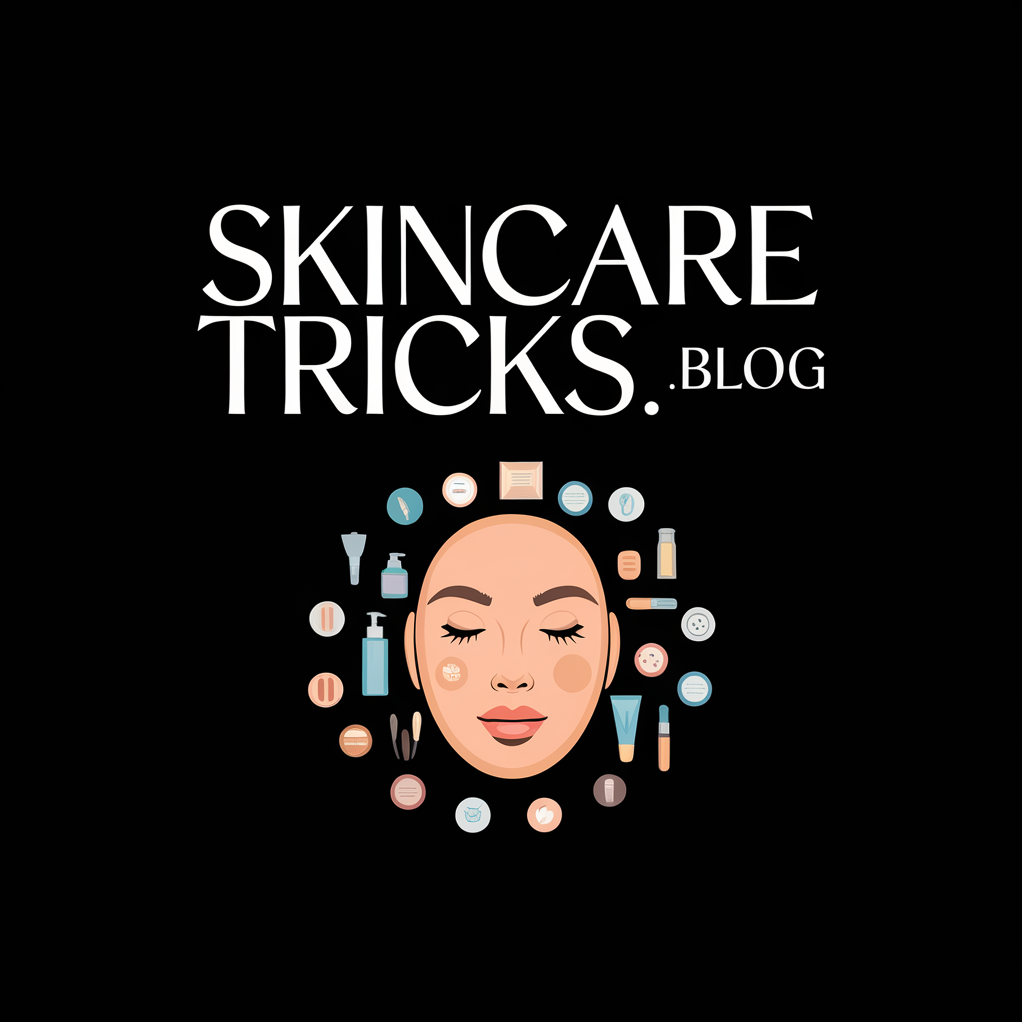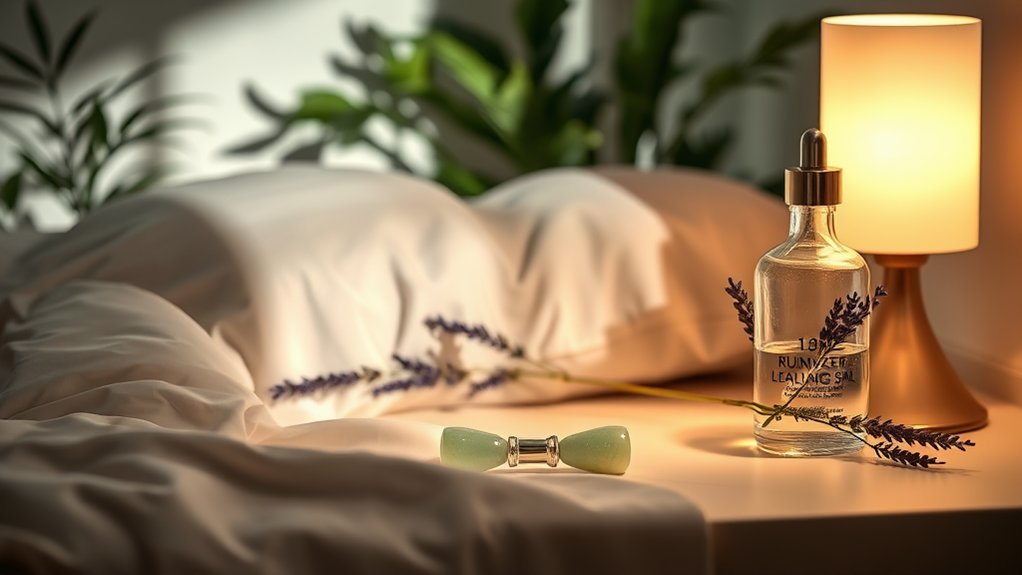Say Goodbye to Acne With These Simple Night Habits
If you’re struggling with acne, adopting a few simple night habits could make a significant difference in your skincare routine. Start by establishing a consistent nighttime regimen that focuses on cleansing, targeted treatments, and hydration. These steps not only help manage existing blemishes but also promote healthier skin overall. Curious about how each step contributes to clearer skin? Let’s explore these habits in detail and unlock their potential benefits.
Establish a Consistent Nighttime Skincare Routine
Establishing a consistent nighttime skincare routine is crucial for effectively combating acne. By following a targeted regimen, you can significantly improve your skin’s health and reduce breakouts.
Start by choosing acne skincare products containing salicylic acid or benzoyl peroxide, known for their efficacy in unclogging pores and reducing inflammation. Incorporate a gentle exfoliant weekly to promote cell turnover, and don’t forget a non-comedogenic moisturizer to balance moisture without clogging pores. Additionally, salicylic acid is particularly effective at breaking down excess oil and dead skin cells to promote clearer skin.
Stick to your routine for a few weeks; consistency is key to seeing results. Your commitment will pave the way for clearer, healthier skin and boost your confidence.
Cleanse Your Skin Thoroughly Before Bed
Before you hit the pillow each night, make sure you’re cleansing your skin thoroughly to remove dirt, oil, and makeup. Proper cleansing helps prevent clogged pores and reduces breakouts.
Follow these steps for effective cleansing:
-
Choose the Right Cleanser: Opt for a gentle, non-comedogenic cleanser suitable for your skin type.
-
Double Cleanse: Use an oil-based cleanser first, followed by a foam or gel cleanser for a deep cleanse. This two-step method can enhance the cleansing routine to promote better skin health.
-
Use Lukewarm Water: Hot water can irritate your skin and strip away natural oils.
-
Pat Dry: Gently towel-dry your face to avoid irritation.
Establishing this habit will help keep your skin clearer.
Apply Targeted Acne Treatment
Once you’ve cleansed your skin, applying a targeted acne treatment is crucial for tackling existing breakouts and preventing future ones.
Look for products containing active ingredients like benzoyl peroxide, salicylic acid, or retinoids, as these are well-researched for their effectiveness. Apply a thin layer directly onto blemishes, allowing the treatment to penetrate deeply.
Consistency is key; use your chosen treatment nightly for optimal results. Remember to read the instructions carefully to avoid skin irritation.
Using targeted treatments helps reduce inflammation and unclogs pores, giving you a clearer complexion over time. Additionally, understanding your skin type can help you choose the most suitable products for your unique needs. Stick to a routine, and your skin will thank you.
Don’t Forget to Moisturize
After applying your targeted acne treatment, it’s vital not to overlook the importance of moisturizing.
Moisturizers play a crucial role in maintaining your skin’s barrier function and preventing irritation.
Here are four benefits of incorporating a moisturizer into your nightly routine:
-
Hydration: Keeps your skin supple and reduces dryness from treatments.
-
Barrier Protection: Strengthens your skin’s natural defenses against external irritants.
-
Healing Enhancement: Promotes skin repair and recovery, minimizing acne scars.
-
Balanced Oil Production: Helps control excess oil, reducing the chances of breakouts.
Additionally, using a moisturizer enriched with hydrating ingredients like hyaluronic acid can further enhance your skin’s moisture retention.
Change Your Pillowcases Regularly
While it may seem insignificant, changing your pillowcases regularly can have a profound impact on your skin’s health, especially if you’re prone to acne.
Pillowcases collect oils, sweat, and dead skin cells, creating a breeding ground for bacteria. When you rest your face on these unclean surfaces night after night, you’re likely to exacerbate existing breakouts or trigger new ones.
Aim to change your pillowcase at least once a week. Using breathable, hypoallergenic fabrics can also help minimize irritation. Additionally, fragrance-infused products can contribute to skin sensitivity, so using unscented pillowcases may further protect your skin from irritation.
Limit Screen Time Before Sleep
To help manage acne, consider limiting your screen time before bed.
Reducing blue light exposure can enhance melatonin production, leading to improved sleep quality and a more effective night routine.
Better sleep fosters skin repair, which is crucial for preventing breakouts.
Reduce Blue Light Exposure
As you wind down for the evening, reducing your exposure to blue light from screens can significantly benefit your skin’s health.
Blue light can disrupt your sleep cycle, and poor sleep may lead to increased acne production.
Here are some effective ways to limit blue light exposure:
- Set a screen time limit at least an hour before bed.
- Use blue light blocking glasses.
- Enable “night mode” on your devices.
- Opt for activities like reading or meditation instead of scrolling through social media.
Establish a Night Routine
Establishing a night routine that limits screen time before sleep can play a crucial role in improving your skin health. Excessive exposure to screens, particularly blue light, disrupts your circadian rhythm and can increase stress hormones, leading to acne flare-ups.
Aim to turn off devices at least 30 minutes before bed. Instead, engage in calming activities such as reading or meditation, which can reduce stress and promote relaxation.
This helps create a conducive environment for your skin to repair itself overnight. By prioritizing a screen-free wind-down period, you’ll not only improve your sleep but also support clearer, healthier skin.
Improve Sleep Quality
Improving sleep quality is essential for both overall health and clear skin, so limiting screen time before bed is a straightforward yet effective strategy. Screens emit blue light, which can disrupt your circadian rhythm and reduce melatonin levels, leading to poor sleep.
To enhance your sleep quality, consider these tips:
- Set a digital curfew—stop using screens at least one hour before bedtime.
- Replace screen time with calming activities like reading or journaling.
- Keep your sleep environment dark and cool.
- Use apps that filter blue light if you must use devices at night.

